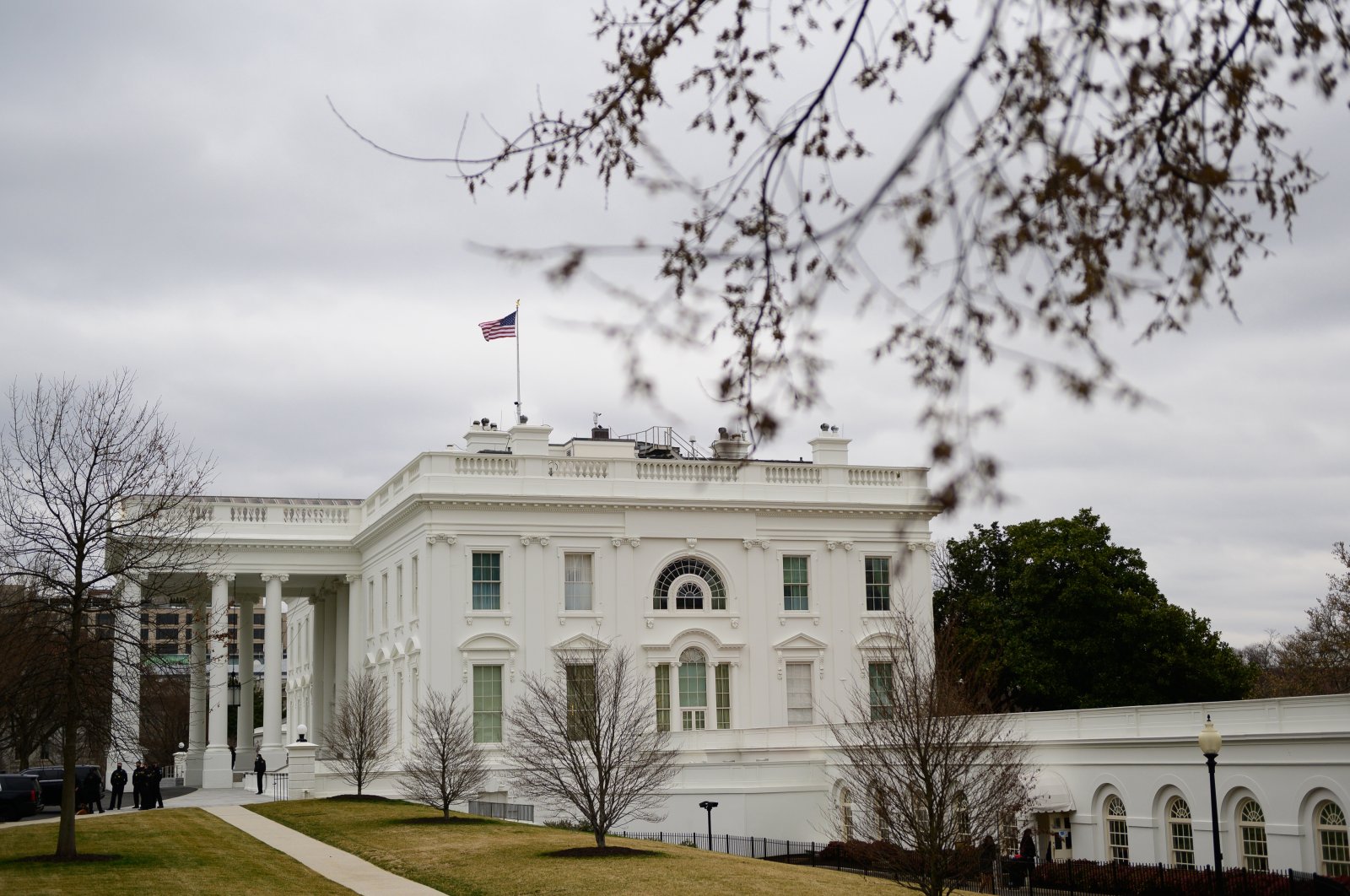Is There Hope after 2020?
(Taiwan) on 14 March 2021
by Kai Ma (link to original)
With the Gengzi Year behind us, will catastrophe also be left behind, and will we encounter a new hope? Although no one dares to speculate too wildly, the darkest days are probably behind us. Newly appointed President Joe Biden has made great strides.
A glimmer of light in the pandemic darkness has emerged with the successful development of vaccines, even though they have yet to be widely administered. In the U.S., which has been the worst affected by the pandemic, Trump stepped down and was replaced by Biden, who called upon people to wear masks and pay attention to pandemic prevention measures. The daily number of confirmed cases promptly decreased, which should demonstrate the effectiveness of such measures. After vaccines are widely distributed, the pandemic situation around the world should be noticeably controlled by mid-year.
The global economy is also slowly recovering as the pandemic eases, and countries are filled with optimism. If the pandemic is controlled by the second half of the year, the economic recovery may be surprising. Additionally, many governments, led by the U.S., have invested large sums to stimulate the economy. Similar to in 2008, the flood of funding is like gasoline poured everywhere, waiting to be ignited by a spark.
Since Biden took office, the mutual hostility between the U.S. and China has also visibly decreased. However, with Trump’s instigation, the Thucydides Trap effect, or the tendency of an existing power to go to war when an emerging power threatens its international hegemony, has been greatly magnified. Across the U.S., opposing groups are joined together against China. Even if Biden doesn’t approve of Trump, he doesn’t dare make an about-face, even though he has gone so far as to halt many unfriendly actions. The fiery defiance is gone, replaced instead by a kind of strategic patience: deciding on a plan before acting. Not only will the U.S. stop using Taiwan as a pawn with which to taunt China, but it has repeatedly suggested that Taiwan and China engage in talks. With the decrease in the combative tone between the U.S. and China, the perilous situation in the Taiwan Strait will also gradually ease.
However, as the saying goes, “Disaster lurks within good fortune.” As the global economy escapes the ravages of the pandemic and is poised for a bright future, a frightening obstacle has begun to threaten it. Even while many countries have yet to emerge from the disaster, the first signs of inflation have appeared. As mentioned before, “gasoline everywhere” is an open secret. Although the pandemic situation has improved slightly, and the 10-year U.S. Treasury yield climbed to 1.5%, global stock markets plummeted because investors are scared of their own shadow; they fear the indication of inflation. In this type of situation, while countries recover economically as the pandemic is brought under control, a single spark can start a prairie fire.
Once inflation rears its head, interest rates quickly rise and countries engage in monetary tightening and raise interest rates in response. Bubbles created by speculative activity and zombie companies fed by low interest fund rates will go up in smoke, and the global economy will sink into massive shock, the impact of which, unfortunately, will be no less than that of the 2009 financial tsunami.
For a country like Taiwan that is built on trade and closely linked to the international markets, evading the effects of events, both good and bad, is difficult. Still, we have a unique disaster: the Regional Comprehensive Economic Partnership, focused on ASEAN countries, will take effect mid-year. Although it includes many of Taiwan’s trade partners and competitors, we are not included within its safety net. The three Northeast Asian countries, China, Japan and Korea, will create free trade agreements, and the magnitude of their impacts on Taiwan is hard to predict.
To make matters worse, China is pushing for its own circular economy and doing its utmost to replace imports. As it is establishing a complete domestic supply chain, Biden is calling for Americans to buy American goods, which will certainly affect our exports to the U.S. With no means of fixing the problem, dealing with such affronts is Taiwan’s biggest challenge after emerging from 2020.


